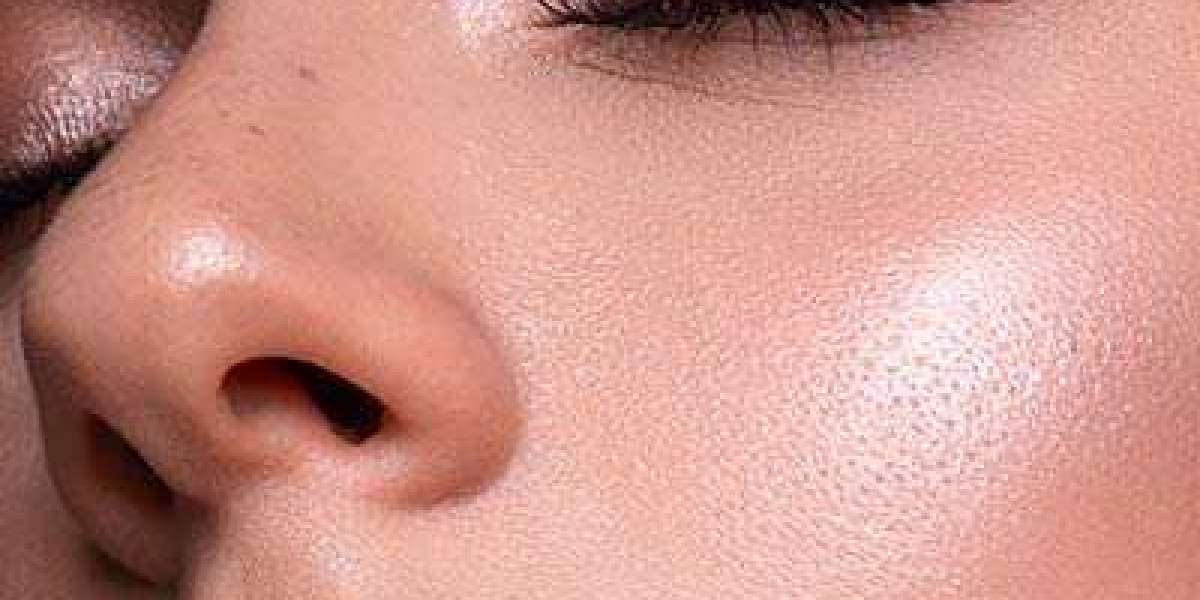Allergies can disrupt daily life in countless ways, from persistent sneezing and congestion to fatigue and itchy eyes. While conventional treatments like antihistamines and nasal sprays offer temporary relief, many individuals seek more holistic and long-lasting solutions. Acupuncture for allergies is gaining widespread attention as a natural and effective alternative that targets the root causes of allergic reactions.
In this comprehensive guide, we'll explore how acupuncture works for allergies, the science behind it, its benefits, and what to expect during treatment.
Understanding Allergies: What Happens Inside the Body
Allergies occur when the immune system overreacts to substances that are typically harmless, such as pollen, dust mites, pet dander, or certain foods. This overreaction triggers the release of histamines and other chemicals, leading to inflammation and the familiar symptoms of allergic reactions.
Common Allergy Symptoms Include:
- Sneezing and nasal congestion
- Itchy, watery eyes
- Post-nasal drip
- Coughing or wheezing
- Skin rashes or hives
- Fatigue or brain fog
Traditional Western medicine usually treats these symptoms with medications that suppress immune responses. However, these solutions don’t address the root cause of the imbalance.
How Acupuncture Works for Allergies
Acupuncture is a traditional Chinese medicine (TCM) practice that involves the insertion of very thin needles into specific points on the body. These points correspond to pathways known as meridians, through which life energy—or Qi (pronounced “chee”)—is believed to flow.
From a TCM perspective, allergies stem from an imbalance in the body’s energy systems, particularly in the lungs, spleen, and immune system. Acupuncture helps:
- Strengthen the immune system
- Reduce inflammation
- Regulate histamine response
- Improve respiratory function
- Restore balance to organ systems
Modern research suggests that acupuncture may influence the nervous system, modulate immune responses, and reduce inflammatory markers in the body—making it a powerful tool for managing allergic conditions.
Scientific Support: What Research Says
Several clinical studies have shown promising results in using acupuncture for allergic rhinitis (hay fever) and other allergic responses. For example:
A 2015 study published in the Annals of Internal Medicine found that participants receiving acupuncture experienced significant relief in nasal symptoms compared to a control group.
Another study in the American Journal of Rhinology & Allergy noted improvements in quality of life and symptom reduction after regular acupuncture treatments.
While more extensive research is still ongoing, many patients report reduced reliance on allergy medications and long-term symptom relief after consistent acupuncture care.
Benefits of Acupuncture for Allergy Relief
Opting for acupuncture as part of your allergy management plan offers several unique advantages:
1. Drug-Free Symptom Relief
Acupuncture offers a natural alternative to medications, which often have side effects like drowsiness, dry mouth, or dizziness.
2. Boosts Immune Function
Rather than suppressing the immune system, acupuncture helps strengthen and regulate it, minimizing hypersensitivity to allergens over time.
3. Targets Root Causes
Unlike conventional medicine, acupuncture addresses the energetic imbalances that make the body more reactive to allergens.
4. Reduces Stress
Stress can worsen allergy symptoms. Acupuncture promotes relaxation and lowers stress hormones, creating a more resilient internal environment.
5. Safe and Gentle
Acupuncture is minimally invasive and safe when performed by licensed professionals, with very few side effects.
What to Expect During an Acupuncture Session
If you're new to acupuncture, here’s what typically happens during a treatment session at Acupuncture Wellness:
1. Initial Consultation
Your practitioner will take a detailed health history, asking about your allergy symptoms, lifestyle, digestion, sleep, and stress levels to develop a customized treatment plan.
2. Needle Insertion
Very fine, sterile needles are inserted into acupuncture points on the body. Most people feel little to no discomfort—often describing the sensation as a slight tingling or warmth.
3. Relaxation Period
You’ll rest comfortably for about 20–30 minutes with the needles in place. This is a calming, meditative experience for many clients.
4. Follow-Up Treatments
Chronic allergies typically require a series of treatments for optimal results. Your practitioner will recommend a schedule based on your condition's severity and response to therapy.
Best Time to Start Acupuncture for Allergies
While acupuncture can help reduce allergy symptoms year-round, starting treatment before allergy season begins can be especially effective. For example:
Begin in early spring if you suffer from pollen allergies.
Consider winter sessions for mold or dust sensitivities.
Year-round treatment may be recommended for food-related or chronic environmental allergies.
This proactive approach helps strengthen the immune system in advance, reducing the intensity of allergic reactions when exposure occurs.
Complementary Practices to Support Your Treatment
At Acupuncture Wellness, we believe in a holistic approach to healing. Here are additional practices that can enhance the effectiveness of acupuncture for allergies:
Herbal Medicine: TCM herbs like astragalus, magnolia flower, and licorice root support immune function and reduce inflammation.
Dietary Adjustments: Avoiding mucus-producing foods such as dairy or sugar during peak allergy times may help minimize symptoms.
Breathing Exercises: Practices like Qigong or deep diaphragmatic breathing can improve lung capacity and reduce stress.
Hydration: Drinking plenty of water supports detoxification and reduces the severity of allergic symptoms.
Is Acupuncture Right for Your Allergies?
Whether you’re dealing with seasonal hay fever, chronic sinusitis, or skin-related allergies like eczema, acupuncture may be an excellent option. It’s especially beneficial for people who:
- Want a natural, drug-free way to manage allergies
- Experience side effects from traditional allergy medications
- Seek to strengthen their immune system
- Prefer preventative care before allergy season
Conclusion: A Breath of Fresh Air with Acupuncture
Living with allergies doesn’t have to mean constant sneezing, congestion, and discomfort. By incorporating acupuncture for allergies into your wellness plan, you can address both the symptoms and their underlying causes in a gentle, holistic way.
At Acupuncture Wellness, we are dedicated to helping you breathe easier and live better—naturally.
Ready to find relief from allergies the natural way?
Contact Acupuncture Wellness today to schedule your personalized acupuncture consultation and discover how you can reclaim your well-being, one breath at a time.



